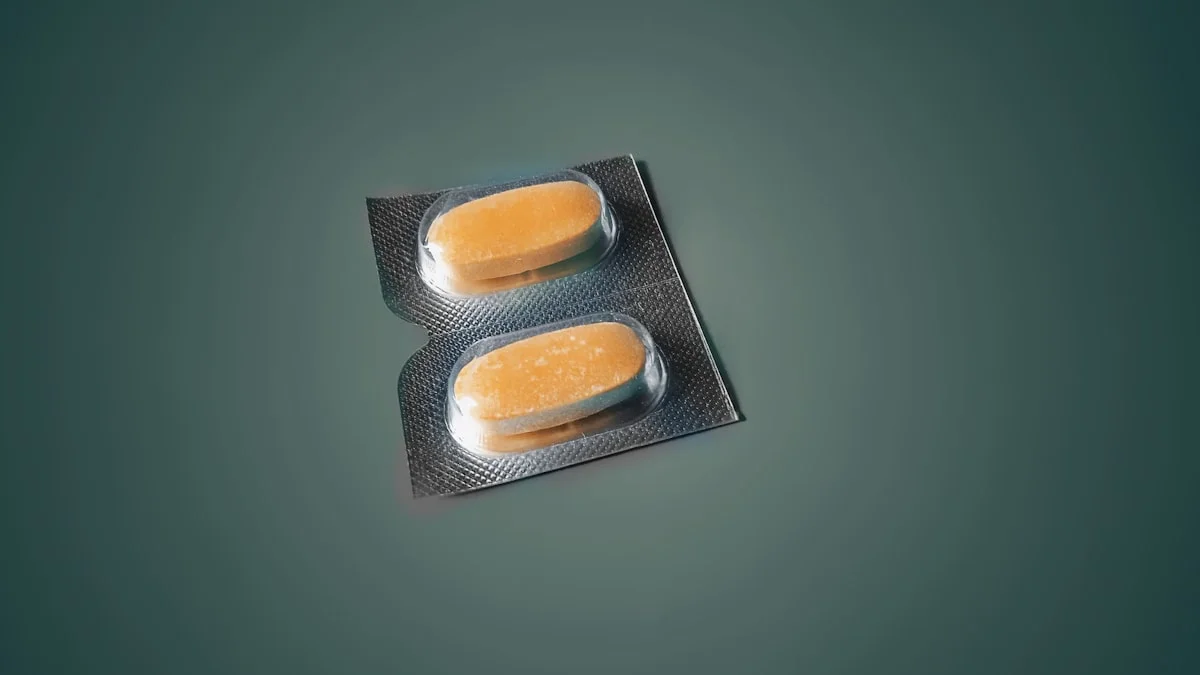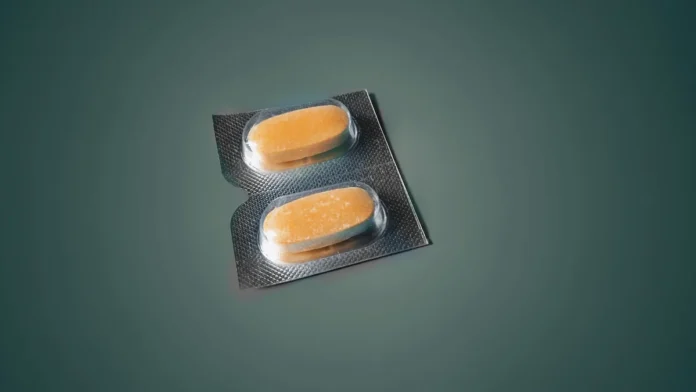Understanding Non Addictive Medications for Bipolar Disorder
Bipolar disorder is a complex mental health condition characterized by extreme mood swings, including emotional highs (mania or hypomania) and lows (depression). Managing these symptoms often requires a combination of therapy and medication. However, many individuals and healthcare providers prioritize non addictive medications to avoid the risks of dependency and substance abuse. This post explores the various non addictive treatment options available for bipolar disorder, their benefits, and how they work to stabilize mood.

Why Non Addictive Medications Are Important
Addiction is a significant concern when treating mental health conditions, especially those requiring long-term medication. Many traditional mood stabilizers and antipsychotics used for bipolar disorder are non habit-forming, making them safer for prolonged use. Non addictive medications help patients maintain stability without the fear of developing dependency, which is crucial for those with a history of substance abuse or those who prefer a lower-risk treatment plan.
Common Non Addictive Medications for Bipolar Disorder
Several medications have proven effective in managing bipolar disorder without the risk of addiction. These include mood stabilizers, antipsychotics, and certain antidepressants. Each category works differently to address the symptoms of bipolar disorder, and they are often used in combination for optimal results.
Mood Stabilizers
Mood stabilizers are the cornerstone of bipolar disorder treatment. Lithium, one of the most well-known mood stabilizers, has been used for decades to control manic and depressive episodes. It is non addictive and highly effective for many patients. Other mood stabilizers, such as valproate and lamotrigine, also help regulate mood without the risk of dependency. These medications work by balancing neurotransmitters in the brain, reducing the severity and frequency of mood swings.
Atypical Antipsychotics
Atypical antipsychotics are another class of non addictive medications commonly prescribed for bipolar disorder. Drugs like quetiapine, olanzapine, and aripiprazole help manage both manic and depressive symptoms. These medications are particularly useful for patients who do not respond well to traditional mood stabilizers. They work by modulating dopamine and serotonin levels, which play a key role in mood regulation.
Antidepressants (Used with Caution)
While antidepressants are not typically addictive, they are prescribed cautiously for bipolar disorder because they can trigger manic episodes in some individuals. When used, they are often combined with a mood stabilizer or antipsychotic to mitigate this risk. Medications like fluoxetine and sertraline may be used in low doses under close supervision to address depressive symptoms without leading to dependency.
Benefits of Non Addictive Medications
Non addictive medications offer several advantages for individuals with bipolar disorder. First, they eliminate the concern of developing a substance use disorder, which is especially important for those with a dual diagnosis. Second, they provide long-term stability, allowing patients to maintain a consistent treatment plan without the need for frequent medication changes. Finally, these medications often have fewer withdrawal symptoms, making it easier to adjust dosages or switch treatments if necessary.
Potential Side Effects and Considerations
While non addictive medications are safer in terms of dependency, they are not without side effects. Common side effects of mood stabilizers and antipsychotics include weight gain, drowsiness, and digestive issues. Lithium, for example, requires regular blood tests to monitor toxicity levels. Patients should work closely with their healthcare providers to manage these side effects and adjust their treatment plans as needed. It is also essential to follow prescribed dosages and avoid abrupt discontinuation, even with non addictive medications, to prevent relapse or worsening symptoms.
Alternative and Complementary Therapies
In addition to medication, many individuals with bipolar disorder benefit from alternative and complementary therapies. Psychotherapy, such as cognitive-behavioral therapy (CBT) and interpersonal therapy, can help patients develop coping strategies and improve emotional regulation. Lifestyle changes, including regular exercise, a balanced diet, and adequate sleep, also play a crucial role in managing symptoms. While these approaches are not replacements for medication, they can enhance the effectiveness of non addictive treatments.
Working with Your Healthcare Provider
Finding the right medication regimen for bipolar disorder is a personalized process. What works for one individual may not work for another, and it often takes time to determine the most effective combination. Open communication with a healthcare provider is key to successful treatment. Patients should discuss their concerns about addiction, side effects, and treatment goals to ensure they receive the best possible care. Regular follow-ups and adjustments are often necessary to maintain stability and quality of life.
Conclusion
Non addictive medications provide a safe and effective way to manage bipolar disorder without the risk of dependency. From mood stabilizers to antipsychotics, these treatments help individuals achieve long-term stability and improve their overall well-being. While side effects and individual responses vary, working closely with a healthcare provider can optimize treatment outcomes. By combining medication with therapy and lifestyle changes, individuals with bipolar disorder can lead fulfilling and balanced lives.



